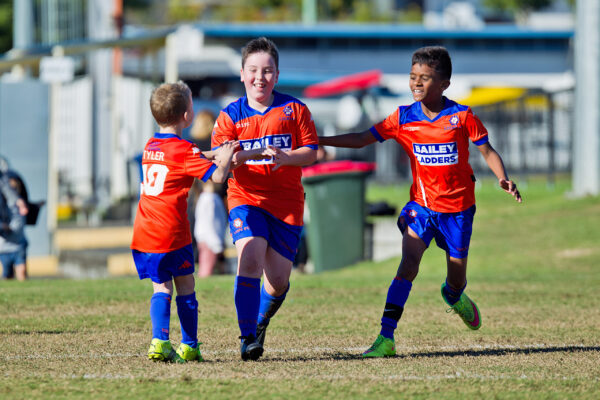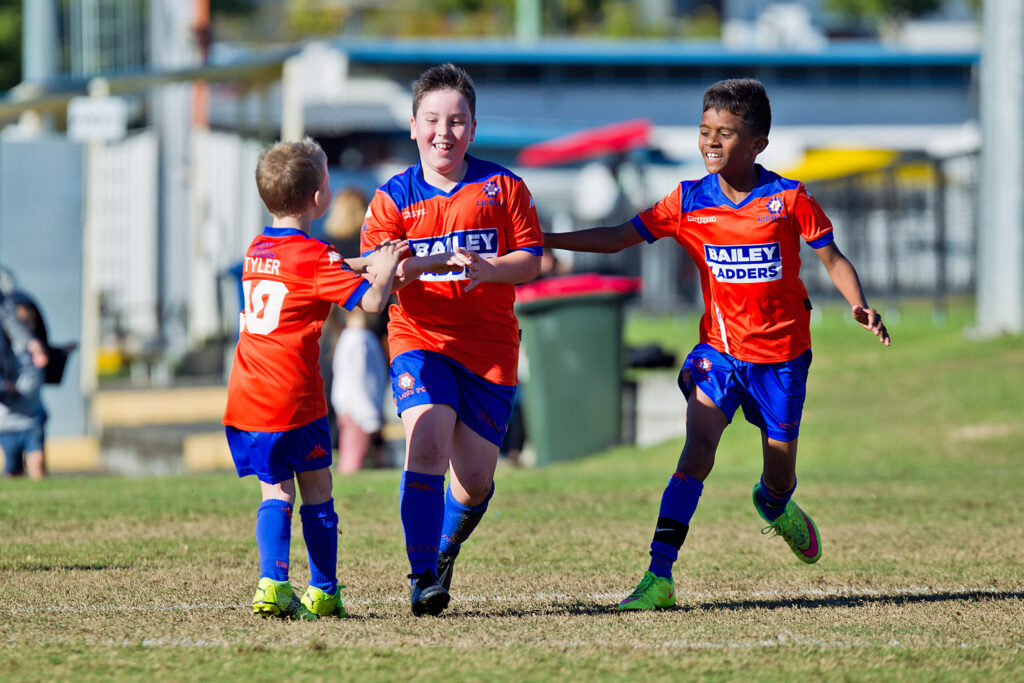
The South Australian government have confirmed they will support Australia’s quest to host the 2023 Women’s World Cup.
In the process, South Australia have become the third state, alongside NSW and Queensland, to wholeheartedly get behind Australia’s bid.
The Matildas played in their first match in Adelaide since 2006 last night, defeating Chile 1-0 in front of 10,342 fans.
The crowd figure was the largest ever attendance for a women’s football international in the City of Churches.
Emily Gielnik scored the only goal for the Matildas, with superstar Sam Kerr having her penalty saved just before half time.
If Australia wins the hosting rights to the 2023 tournament, Adelaide will host games at the boutique Hindmarsh Stadium.
South Australian Premier Steven Marshall claimed the State Government was ready and excited about the prospect of bringing the 2023 Women’s World Cup to Australia.
“The FIFA Women’s World Cup is a massive event to add to our sporting calendar, and Adelaide will be a fantastic location for the competition,” said Premier Marshall on Tuesday.
“The Matildas are a shining example of Australian sporting prowess and hosting the World Cup will allow them to showcase their skills on the biggest stage in their own backyard.”
Outgoing FFA CEO David Gallop said he was delighted that South Australia had agreed to support the bid, after initial reluctance.
“The announcement today is a tremendous boost to our hopes of hosting the tournament in 2023. We are thrilled that South Australia have committed to be part of the bid, which will be stronger for their participation.
“It shows just how popular the Matildas are, and I’m sure the South Australian public will be absolutely delighted that Premier Marshall shares our vision and will bring matches to Adelaide should we be successful in our bid,” Gallop added.


















